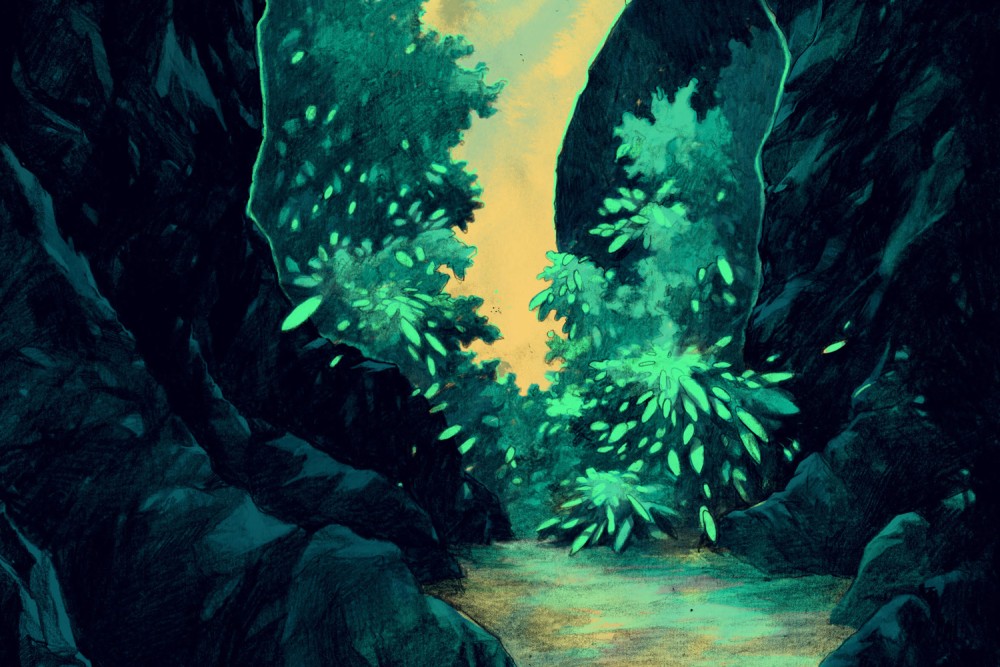A better response to the decline of the Christian West
Some fight to preserve what is fading. Michel de Certeau shows how this is an enormous theological error.

Illustration by Simón Prades
In 1973, scholar and Jesuit priest Michel de Certeau wrote that he was “feeling the Christian ground on which I thought I was walking disappear, seeing the messengers of an ending, long time under way, approach.” These melancholy lines capture a feeling as widespread 50 years ago as it is today: the Christian West is fading away, “destined to lose itself in history,” as Certeau says.
This was not an unreasonable feeling for a French Catholic to have in the 1970s. The 1958 constitution formally declared France a secular republic, Vatican II’s policy of aggiornamento signaled that the church would adapt to the world and not the world to the church, the sexual revolution upended traditional gender roles and family forms, Europe’s great empires rapidly contracted as decolonial movements swept the Global South, the May 1968 rebellion threatened to bring this revolutionary energy home. Old Europe was dying, and it was not clear what, if any, role the church would play in the new world being born.
Another French Catholic, Jean Raspail, saw these transformations as unmitigated catastrophe. He turned fear into fable in his apocalyptic and grotesquely racist novel The Camp of the Saints, also from 1973. Raspail told of a Europe drowned in a flood of non-White, semi-human immigrants, its demise assured by traitorous globalist elites.





